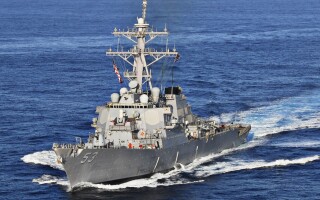Unmanned vertical takeoff and landing aircraft to get a boost by Lockheed Martin-led team
NewsOctober 09, 2012
Lockheed Martin will lead a team of government, academic, and industry partners in developing advanced autonomous technologies suited to unmanned vertical takeoff and landing aircraft, per a recent $13.5 million contract from the Office of Naval Research. Specifically, the new technologies will make it possible for the aircraft to function with supervisory control. The automation will render low-level control, while high-level control is provided by the system’s interaction with a human operator.
The goal of the technologies under the contract is to increase the effectiveness and utility offered by present-day unmanned vertical takeoff and landing aircraft. The new technologies will also provide supplemental decision aids for pilots, relative to legacy manned platforms.
The first phase comprises 18 months of a total 5 years for the contract. During this first phase, the team’s Open-Architecture Planning and Trajectory Intelligence for Managing Unmanned Systems (OPTIMUS) architecture’s capabilities will be demonstrated. The platform-agnostic OPTIMUS is reported to draw on the company’s unmanned K-MAX cargo resupply program experience and also on the other (unnamed) team members’ expertise in human-machine interaction, autonomy, and sensing.








